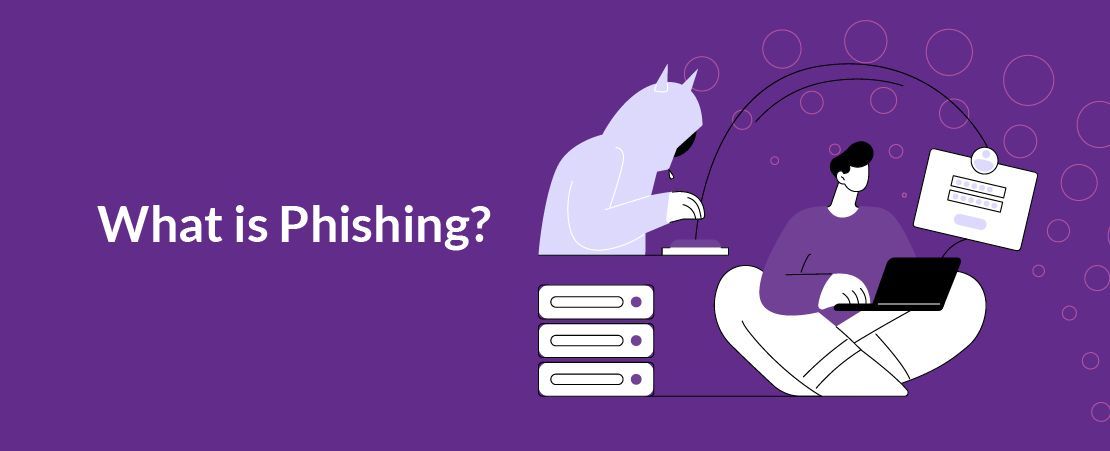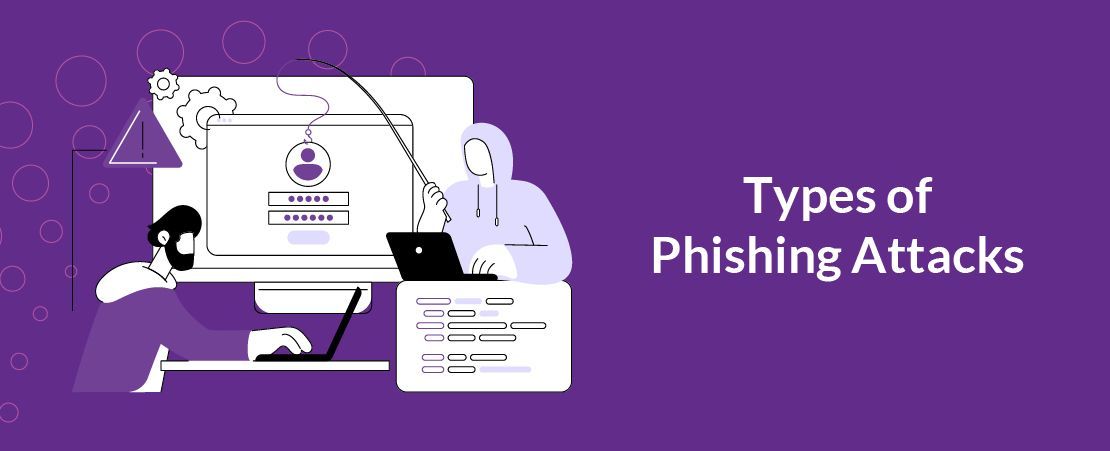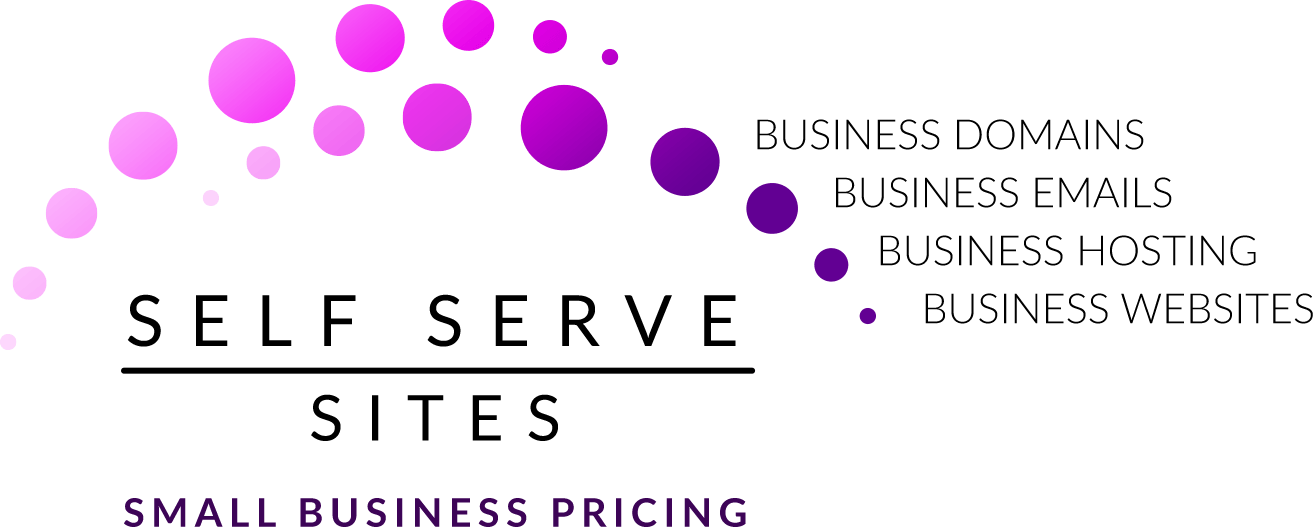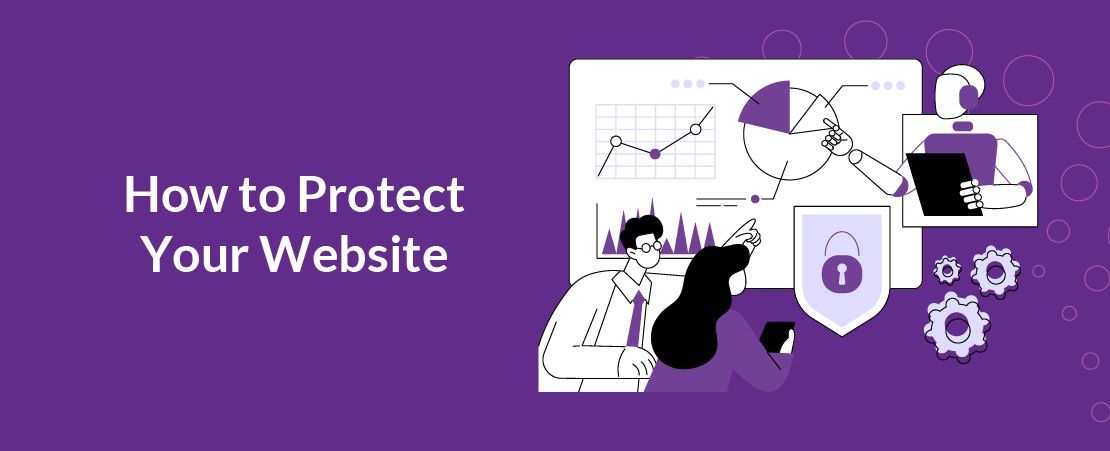Safeguarding Your Small Business Website: Essential Tips to Prevent Hacking and Phishing Attacks
Safeguarding Your Small Business Website: Essential Tips to Prevent Hacking and Phishing Attacks
Now more than ever, Small Businesses rely heavily on their Websites to attract Customers, showcase products or services, and drive revenue. With the increasing prevalence of cyber threats targeting Small Businesses, such as hacking and phishing attacks, protecting your Website from malicious actors has never been more critical.
We know how important your Website is to your business and we want to make sure it is protected at all costs. That’s why we want to make sure that you have all the invaluable information that you need to keep your Website and your business safe online.

What is Phishing?
If you’re not too tech literate, you might not know what phishing is. Unfortunately this makes you even more vulnerable to these types of attacks. So, before we get into how to prevent phishing attacks, we’ll take a brief moment to explain just what this very real threat is.
Phishing is a type of cyber attack where malicious actors
attempt to deceive individuals into disclosing sensitive information, such as usernames, passwords, credit card numbers, or other personal data. These attacks typically involve sending deceptive emails, text messages, or instant messages that appear to be from legitimate sources, such as banks, government agencies, or trusted organisations.
Social engineering tactics are often used to trick recipients into taking actions that benefit the attackers. For example, a phishing email may contain a fraudulent link that leads to a fake website designed to mimic a legitimate login page. When users enter their credentials on the fake website, the attackers capture this information and can use it to access the victims' accounts or commit identity theft.
Furthermore, phishing attacks can also
involve the distribution of malicious attachments or files that, when opened, install malware or ransomware on the victim's device, compromising its security and integrity..

Types of Phishing Attacks
Email Phishing: Attackers send fraudulent emails that appear to come from reputable sources, urging recipients to click on links, download attachments, or provide personal information.
Spear Phishing: This targeted form of phishing involves customising fraudulent messages to specific individuals or organisations,
often using information gleaned from social media or other sources to make the messages more convincing.
Smishing: Similar to email phishing, smishing involves sending fraudulent text messages to mobile phone users, prompting them to click on links or provide sensitive information.
Vishing: Short for voice phishing, these types of attacks involve the perpetrators using voice calls to deceive victims into providing sensitive information or performing actions that compromise their security.
No matter the type of phishing attack, the consequences are always serious. Financial losses, identity theft, data breaches, and reputational damage, are all unfortunate yet common outcomes of a successful phishing attack.
How to Protect Your Website
Now you know what phishing is, you are halfway there. However, you still need to know how to effectively combat these attacks so you don’t fall victim yourself and compromise your and your business’s integrity.
Keep Software and Plugins Updated: One of the most effective ways to protect your website from security vulnerabilities is to ensure that all software, including content management systems (CMS) like WordPress, as well as plugins and themes, are regularly updated. Software updates often include security patches that address known vulnerabilities and weaknesses that hackers could exploit.
Use Strong, Unique Passwords: Encourage your team members to use strong, unique passwords for accessing your Website's backend and administrative panels.
Avoid using default or easily guessable passwords, and consider implementing multi-factor authentication (MFA) for an added layer of security.
Secure Hosting and HTTPS Encryption: Choose a reputable Web Hosting provider that prioritises security and offers features such as secure sockets layer (SSL) encryption and HTTPS protocol support. HTTPS encrypts data transmitted between your Website and users' browsers, protecting sensitive information such as login credentials and payment details from interception by hackers.
Regularly Backup Your Website: In the event of a security breach or data loss, having a recent backup of your Website can be a lifesaver. Establish a regular backup schedule and store backups in secure, off-site locations or cloud storage platforms. Test your backup restoration process periodically to
ensure that you can quickly recover your website in the event of an emergency.
Educate Your Team and Users:
Train your team members and Website users on best practices for cybersecurity, including how to recognise phishing emails, suspicious links, and social engineering tactics used by hackers to gain unauthorised access to accounts or sensitive information. Encourage a culture of vigilance and empower users to report any security incidents or concerns promptly.
Monitor and Respond to Security Threats: Implement monitoring tools and security protocols to detect and respond to security threats in real-time. Monitor website traffic, server logs, and security alerts for signs of unauthorised access, unusual activity, or potential breaches. Develop incident response plans and procedures to address security incidents promptly and minimise their impact on your business.
Protecting your Small Business Website from hacking and phishing attacks requires a proactive and multi-layered approach to cybersecurity.
Prioritise cybersecurity as an essential aspect of your business operations, and invest in the necessary resources and technologies to defend against evolving threats and ensure that your business is safe and sound











